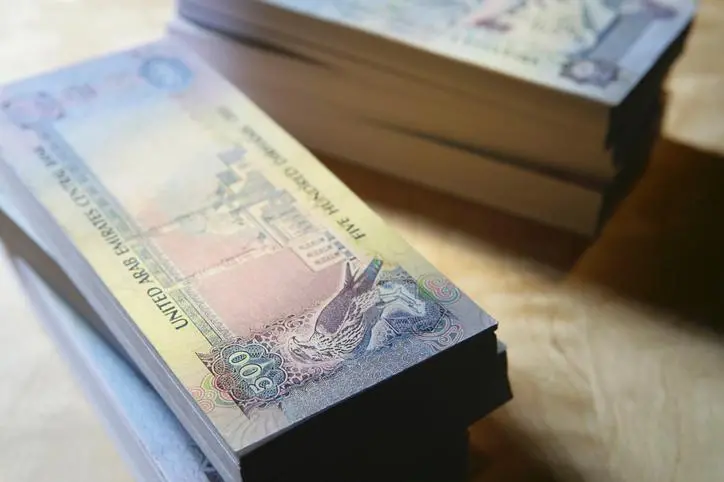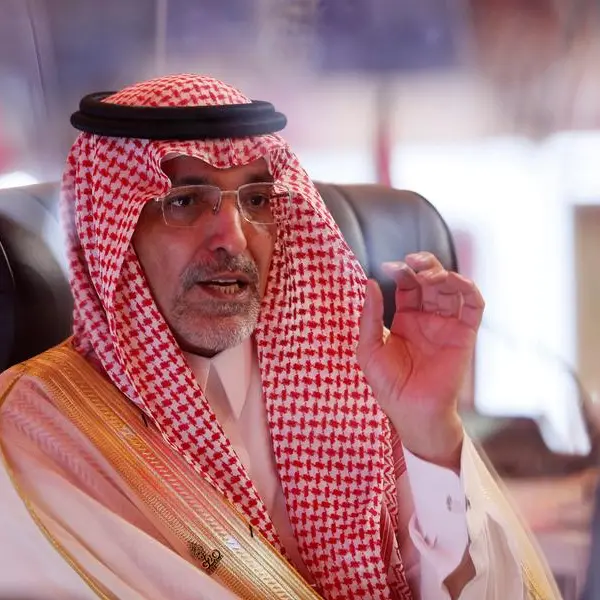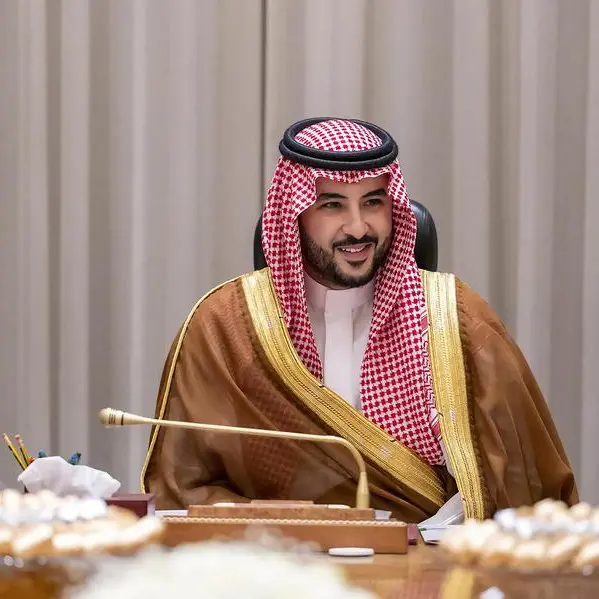PHOTO
The UAE will require 2.5 trillion dirhams ($671.1 billion) in investments to transition to net zero, according to a report by Standard Chartered.
The emerging markets region as a whole also needs an additional 350 trillion dirhams to be able to meet global warming targets. The amount is higher than the annual global gross domestic product (GDP) and requires participation from private investors.
While private investors can help address the huge finance gap, the report noted that encouraging investments in emerging markets can be a difficult task.
“The world’s top 300 investment firms with total assets under management of more than $50 trillion have just 2 percent, 3 percent and 5 percent of their investments in the Middle East, Africa and South America, respectively,” the report said.
To meet the global warming targets, the report said “greater collaboration” is required in strategy, policy and financing.
“More importantly, banks need to live up to the pledges made during COP26 if ordinary households are to avoid bearing the costs of their market’s transition to net-zero,” the report said.
Impact
However, there are scenarios to keep in mind when sourcing investments to achieve net-zero targets.
If the required funding comes from developed markets, the report noted that household spending could increase. In the UAE, the increase could be around 2 trillion dirhams.
If countries in the emerging markets opt for self-financing, without the contribution of developed markets, household consumption in these markets could fall by five percent on average each year.
Well positioned
According to Rola Abu Manneh, CEO of Standard Chartered UAE, the public and financial sectors in the country should come together to help facilitate the flow of investment into net zero.
“The UAE is well positioned to capitalise on the major economic opportunities offered by the path to net zero. Reaching this objective would require a strong focus on ensuring economic prosperity throughout the transition process in addition to a great deal of investment,” Abu Manneh said.
(Writing by Cleofe Maceda; editing by Seban Scaria)





















